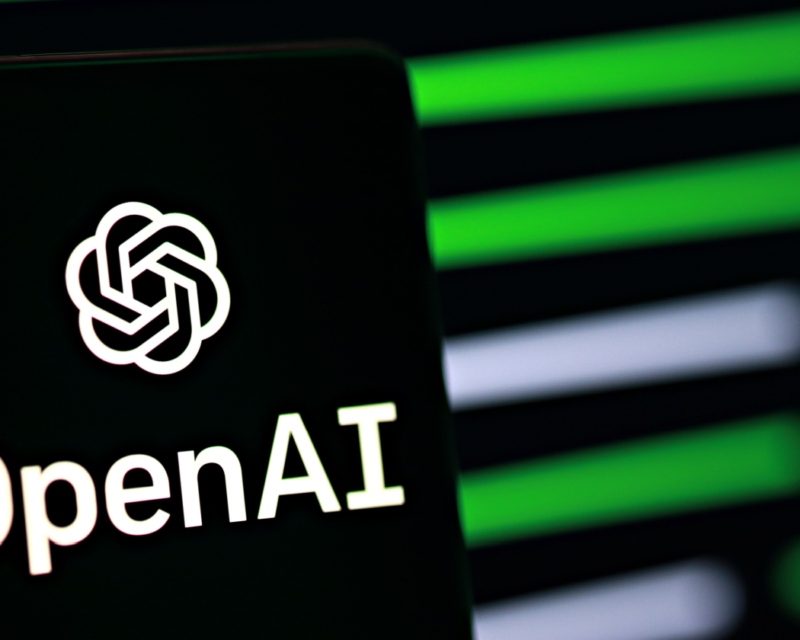OpenAI’s Foray into Search: A Bold Move in the Tech Landscape
In a move that could potentially reshape the digital ecosystem, OpenAI, the trailblazer in artificial intelligence technology, is reportedly gearing up to unveil its own search engine, aimed squarely at challenging the dominance of Google. This audacious step marks a significant departure from OpenAI’s previous endeavors and underlines the company’s ambition to diversify its offerings beyond the realm of chatbots.
The upcoming launch of OpenAI’s search engine comes on the heels of the unprecedented success of its ChatGPT, an AI-driven conversational agent that has captivated users worldwide with its ability to engage in natural and coherent dialogue. Leveraging its expertise in natural language processing and machine learning, It now seeks to harness these capabilities to revolutionize the way people discover and access information on the internet.
While details about the features and functionality of a search engine remain scant, industry insiders speculate that it will incorporate advanced AI algorithms to deliver more personalized and relevant search results. By analyzing user queries and behavior patterns, the search engine is expected to adapt dynamically to individual preferences, providing a tailored browsing experience unparalleled in its precision and efficiency.
The decision to enter the fiercely competitive domain of search represents a calculated gamble for them, as it pits the upstart against the formidable incumbent, Google, which commands a near-monopoly over online search. However, proponents of this initiative argue that the current landscape is ripe for disruption, with concerns about data privacy, algorithmic bias, and the need for greater transparency driving demand for alternative search solutions.
Moreover, their reputation as a champion of ethical AI practices could serve as a powerful differentiator in an industry plagued by controversies surrounding data exploitation and algorithmic manipulation. By prioritizing principles of fairness, accountability, and user empowerment, OpenAI aims to carve out a niche for itself as a trusted alternative to the tech giants that have come under increasing scrutiny for their business practices.
Nevertheless, they are about to face formidable challenges on its quest to dethrone Google and establish itself as a credible contender in the search market. Building a comprehensive index of the web, optimizing search performance at scale, and winning over skeptical users will require substantial investment in infrastructure, talent, and marketing efforts.
As the tech world awaits the official unveiling of OpenAI’s search engine, the stage is set for a David-versus-Goliath battle that could reshape the dynamics of the internet. Whether they can disrupt the status quo and usher in a new era of decentralized, AI-powered search remains to be seen. But one thing is certain: with its bold foray into search, the conpany is poised to leave an indelible mark on the future of technology and information retrieval.





